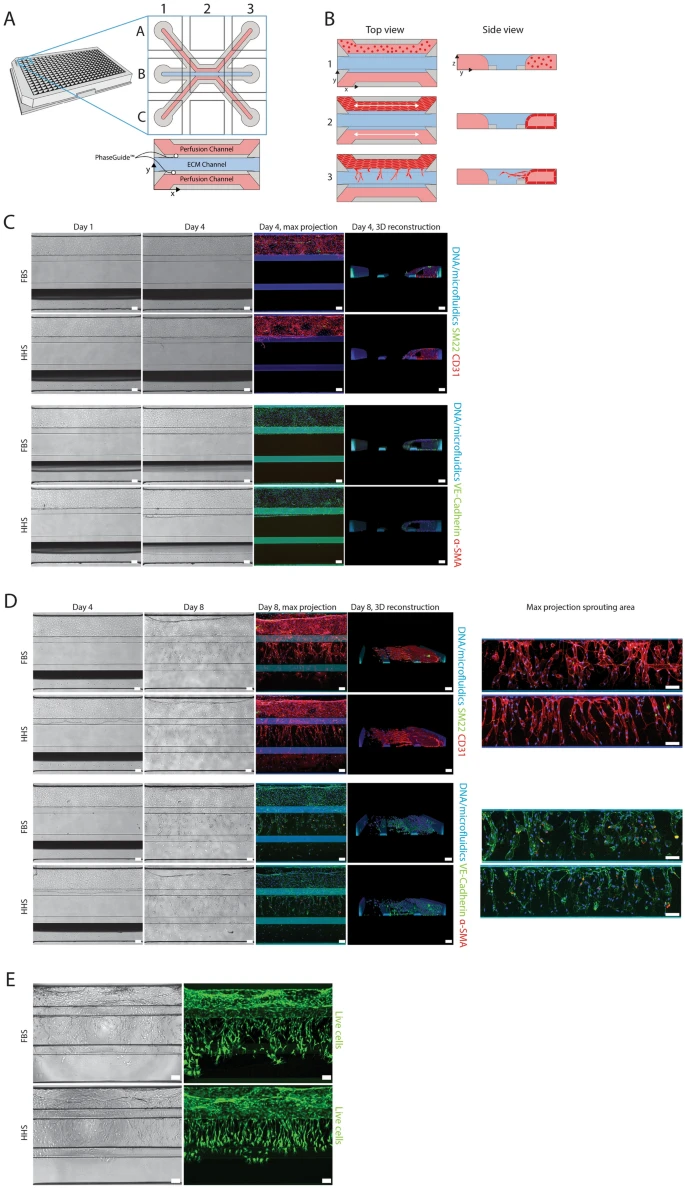High-throughput 3D microvessel-on-a-chip model to study defective angiogenesis in systemic sclerosis

High-throughput 3D microvessel-on-a-chip model to study defective angiogenesis in systemic sclerosis

High-throughput 3D microvessel-on-a-chip model to study defective angiogenesis in systemic sclerosis

High-throughput 3D microvessel-on-a-chip model to study defective angiogenesis in systemic sclerosis

No items found.
High-throughput 3D microvessel-on-a-chip model to study defective angiogenesis in systemic sclerosis

High-throughput 3D microvessel-on-a-chip model to study defective angiogenesis in systemic sclerosis

High-throughput 3D microvessel-on-a-chip model to study defective angiogenesis in systemic sclerosis

High-throughput 3D microvessel-on-a-chip model to study defective angiogenesis in systemic sclerosis

High-throughput 3D microvessel-on-a-chip model to study defective angiogenesis in systemic sclerosis

High-throughput 3D microvessel-on-a-chip model to study defective angiogenesis in systemic sclerosis

